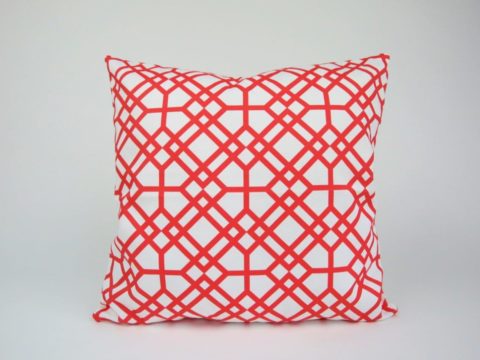Marguerite of Austria: Life Story
Chapter 7 : Governess of the Low Countries
Maximilian has been described as constant in only one attribute - his hatred of France, and in this, he was supported by Marguerite. Her political strategy as Governess would be strongly geared to humbling the country that had once humiliated her, although she did not pursue this policy to the exclusion of other objectives.
Marguerite’s council met twice a week and she was careful to select a range of advisors, chief amongst whom was Mercurino di Arborio, Marquis of Gattinara, who had served her in Savoy. Gattinara was deputed to pay homage to Louis XII for the lands held from the French crown. He wrote to his mistress, that, having kissed the king’s hands as part of the ceremony of fealty, he was informed by Louis that he would far prefer to have been kissed by Marguerite herself.
One of Marguerite’s first actions was to take Charles on a tour of his lands, to show him to his subjects and gain their oaths of allegiance. She also persuaded the States General to raise taxes to redeem lands that had been mortgaged by her late brother and to prosecute the continuing war in Guelders. Whilst the States General voted some supplies, they were reluctant to involve themselves in Guelders, despite Maximilian writing to them that the need to retain Guelders within the Low Countries would benefit them all.
This initial tour over, Marguerite took up residence at Mechelin/Malines as the late Dowager-duchess Margaret once had. In Margaret’s will of 1503, she had bequeathed much of her personal property to Marguerite, including tapestries, books, plate and jewels, and these now graced the ducal family’s principle residence. Various tutors were appointed for Charles, they included William de Croy, Lord of Chièvres, and Adrian of Utreccht, later Pope Adrian VI.
In hopes of obtaining English support against France’s interference (as she perceived it) in Guelders, Flanders and Artois, Marguerite, in concert with her father, began to insinuate in letters to Henry that she might be persuadable in the matter of their marriage. Henry was non-committal on the subject of military intervention, but continued his desultory courtship by a present to Marguerite of six horses and a leash of greyhounds.
Of more importance for Henry was the proposed marriage between Charles and Henry’s daughter, Mary. Charles was also being sought by Anne of Brittany, for her daughter, Claude, although Claude’s father, Louis XII, was somewhat reluctant to agree such a match – nevertheless, he complained to Maximilian that the emperor had gone back on his word by allowing the betrothal to Princess Mary.
Maximilian would have preferred the English alliance to be cemented by Marguerite, and, according to what he told the English ambassador, he spent some time trying to persuade his daughter to accept the marriage. She stood firm – she had been unlucky in matrimony three times, and did not wish to make another trial. She added that she thought she might be unable to have children – presumably because there were no recorded pregnancies from the match with Philibert. The miscarriage of her child by Prince Juan may have had a long-term effect on her health. Alternatively, that may just have been a courteous excuse!
Whilst her mind was clearly made up on the question of remarriage, she did continue to along with her father in writing regularly to Henry, even after this, allowing him to think she might change her decision. Henry was sufficiently hopeful to suggest a meeting at Calais in May 1508, at which he and Marguerite could discuss the marriage of Charles and Mary in person. Either because of Henry’s declining health, or because Marguerite found a way to politely refuse, the meeting did not take place. Nevertheless, Charles and Mary were married by proxy later that year.
As Charles grew up, Marguerite needed to think about her future – once he came of age in 1514, she would have no role, and so she requested that Maximilian grant her the County of Burgundy (Franche-Comté) as her own province. Conveniently next to her dower lands in Savoy, she assured him that her control of it would help to keep the Savoyards favourable to the Imperial, rather than the French interest. After some argument, he acceded to her request – but it was to be a life-interest only, reverting to Charles in due course.
Marguerite of Austria
Family Tree
